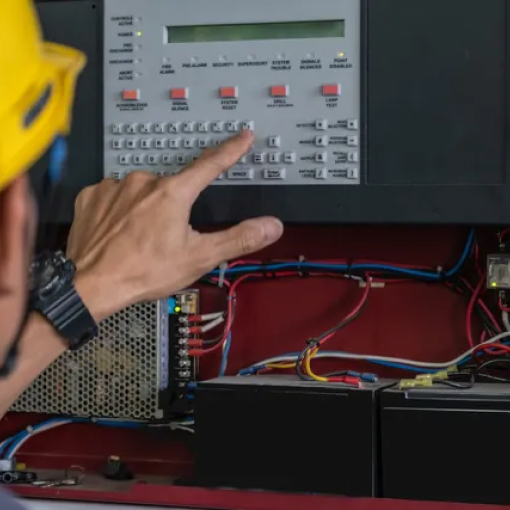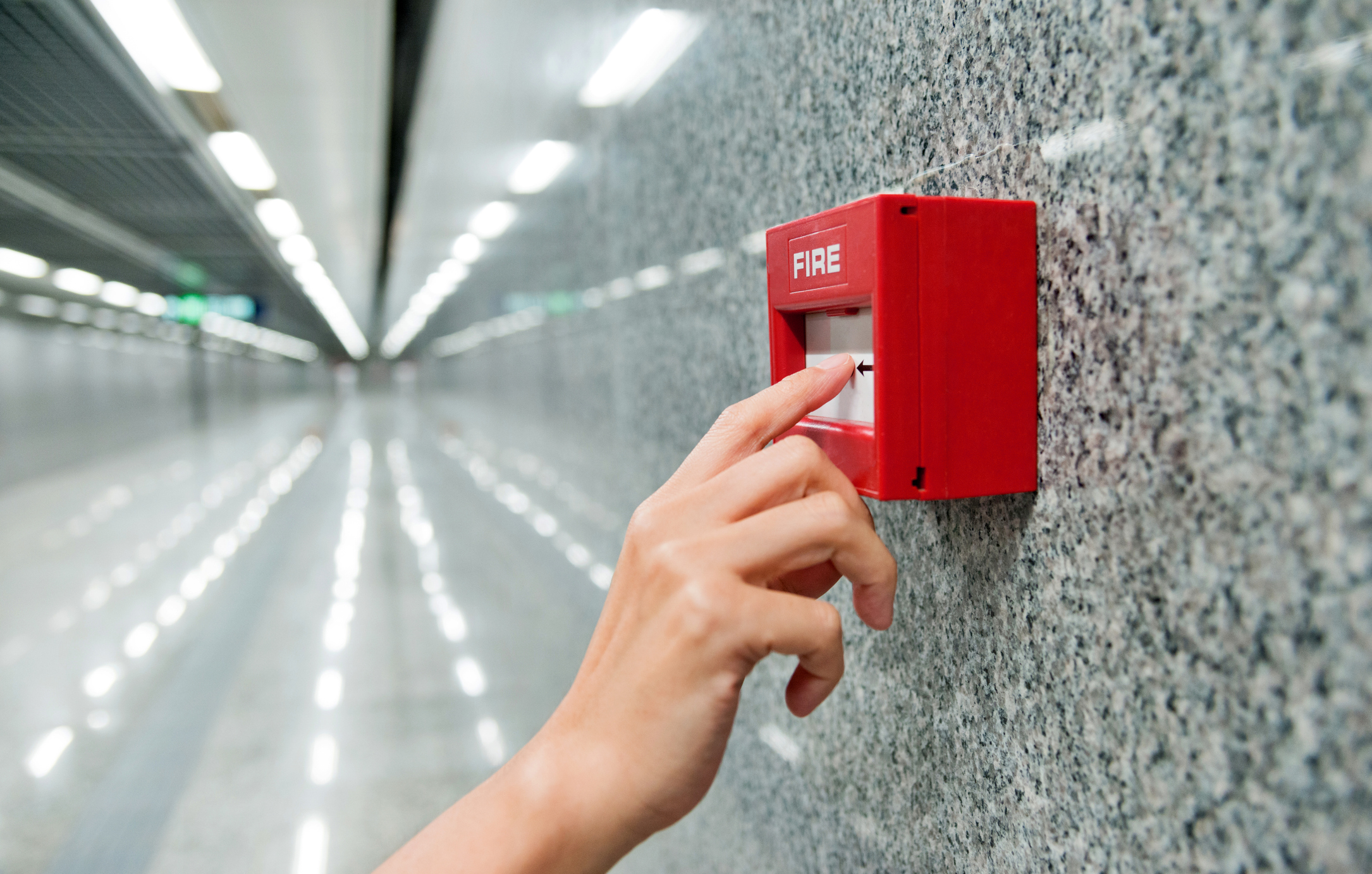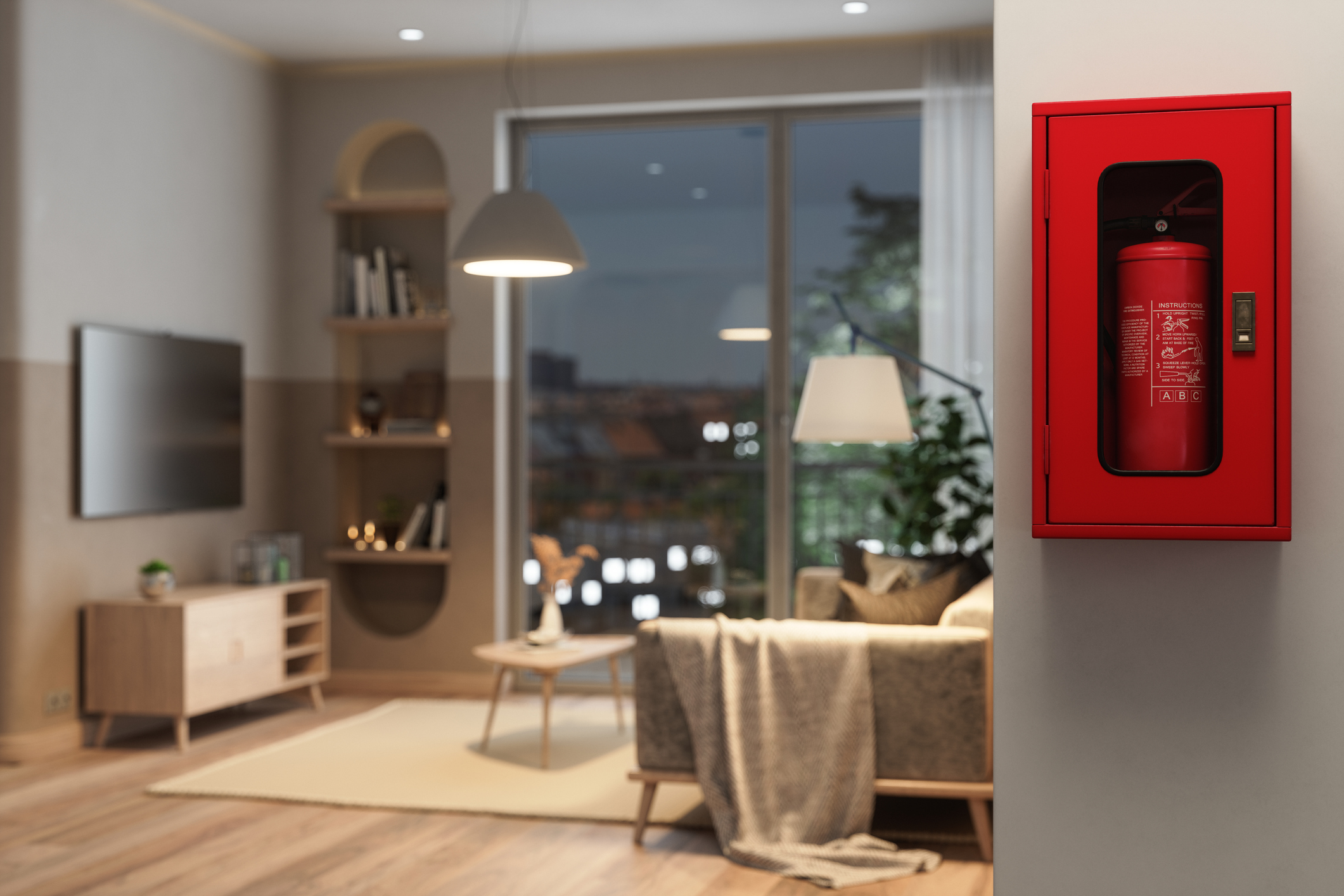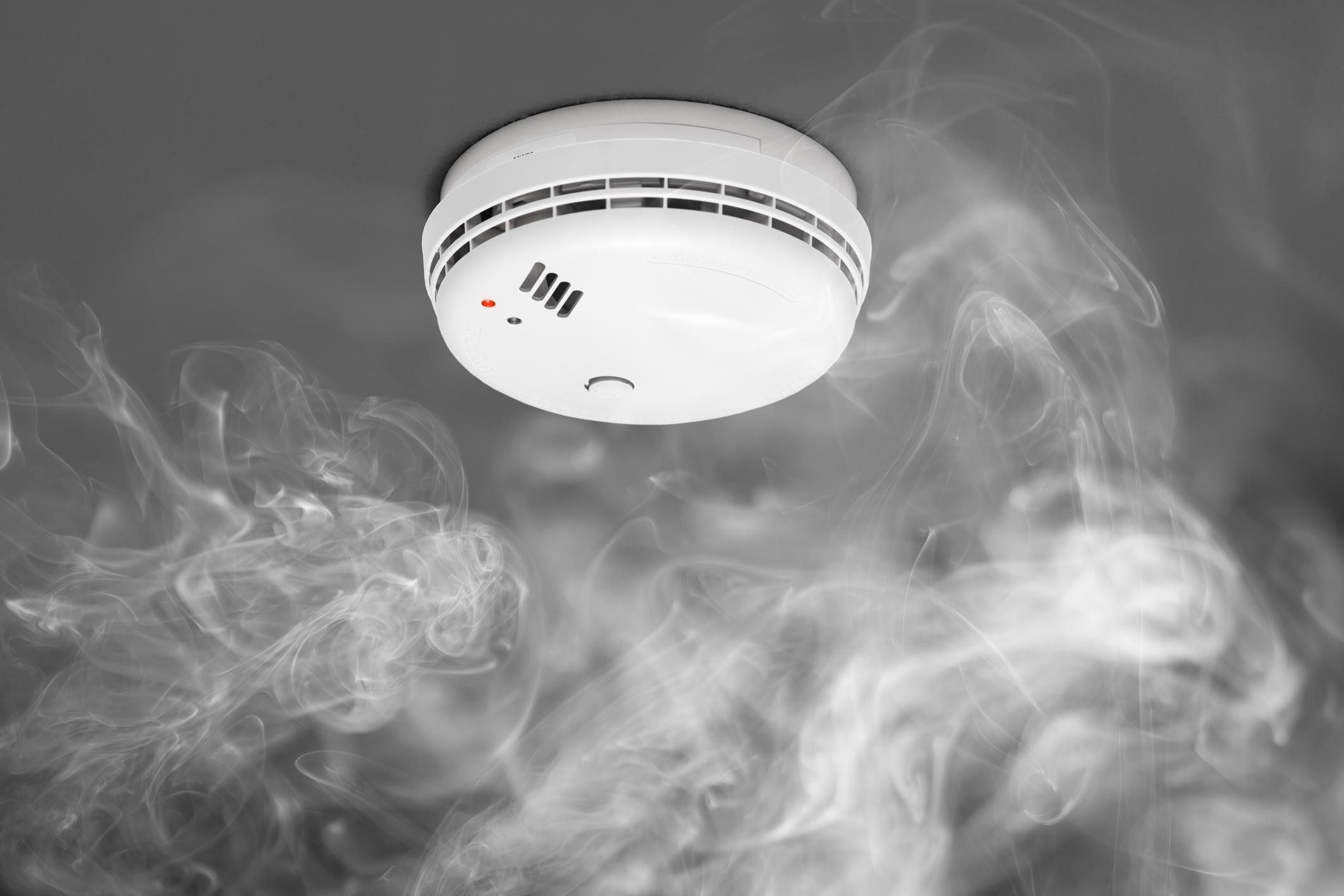
Preventing False Alarms With Fire Alarm Maintenance
What is an Unwanted or False Fire Alarm?
A fire alarm is a device that detects smoke, heat or other signs of fire, and sounds an alarm to alert people. False alarms can be triggered by non-fire events such as cooking fires, malfunctioning detectors, or when someone pushes the annunciator button in error. False alarms can cause unnecessary evacuations and waste time and resources.
How Fire Services and Businesses are Impacted by False Alarms
The cause and effect of fire alarms that are false on fire services and businesses are significant. The cost of responding to false alarms is estimated at costing £323 – £355 per hour in Yorkshire alone. Firefighters are diverted away from real emergency calls due to false alarms. Businesses suffer financially when they are delayed or unable to open their doors due to an unexpected fire alarm reaction. Employees often lose hours of productive time as well.
How to Prevent False Alarms (with correct installation and maintenance)
You can take the following steps to prevent false alarms:
Install and maintain fire alarm systems. This is usually done by an electrical contractor, but you may also want to hire a professional fire alarm installation provider like ourselves at Britannia Fire & Security for additional support. Proper installation involves ensuring that all wiring is correct, labelling all equipment according to UK legislation, and installing smoke detectors. A good way to ensure that your system has been installed correctly is by having an inspection conducted by someone who specialises in this field.
Train staff on how to use the fire alarm systems. Staff members should be trained regularly on how their building’s alarms work, what their responsibilities are when there is an alarm sounding (i.e. evacuate immediately), and where they should go once they have evacuated (for example, a meeting point).
Keep fire alarm systems in good working order at all times, whether through regular inspections or hiring a professional fire alarm maintenance service provider, so that they continue working as intended if activated during a real emergency. If you have a fire alarm system installed, the most important thing to remember is that it should be tested regularly. In addition, when there are any type of changes at your site (such as renovations), it’s important to notify your fire alarm contractor so they can make sure everything remains in good working order.
Common Causes of False Alarms
There are many reasons why a fire alarm system might falsely trigger. It could be the wrong type of detector, a faulty alarm system or power supply, or even a damaged detector or cable. However, there are also more common causes of false alarms.
The wrong type of detector could be set up in an area where it shouldn’t be used. For example, you can have multiple types of detectors that all sound off at different volumes depending on their sensitivity levels and proximity to a flame. If a high-sensitivity smoke detector is placed too close to heat sources like furnaces or water heaters it will go off when it shouldn’t because the heat will cause its sensors to overheat and trigger a false alarm.
You could also have the wrong type of detection device connected to your fire alarm system altogether. This may seem hard to believe but many people don’t realise that there are several different types of detectors available on today’s market. For example, if you have photoelectric smoke alarms throughout your home but then replace them with ionisation models, this could cause some errors.
What to do if Your Business Has Had a False Alarm?
If you’ve had a false alarm, there are a few things you can do. First, contact your fire alarm company and ask for an inspection of the system. Follow their recommendations. Also, if you do have a false alarm make sure your team is aware that it’s not an actual fire.
The bottom line is that you can prevent false alarms. If you have any further questions regarding false fire alarms, contact us today.




